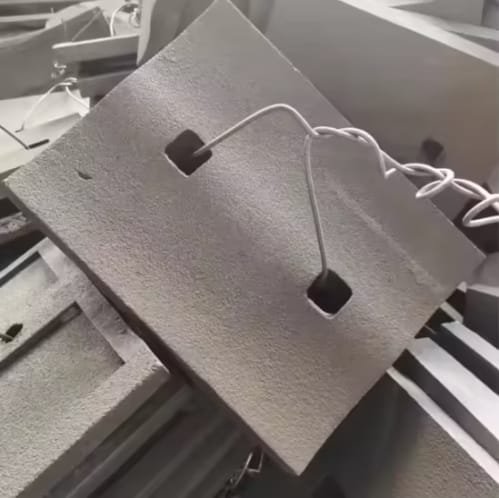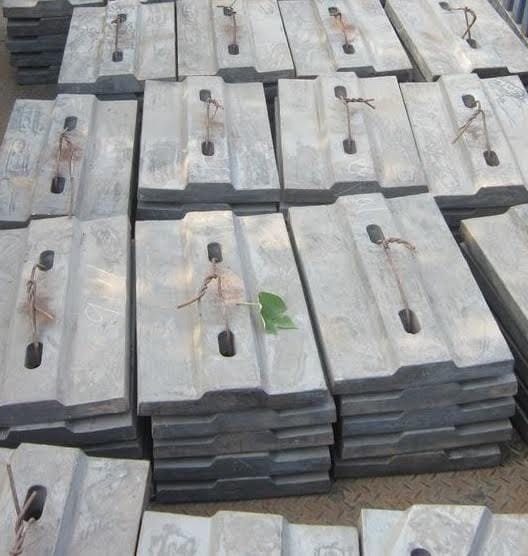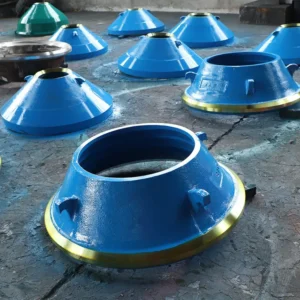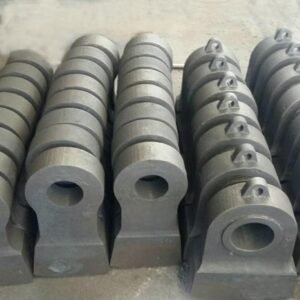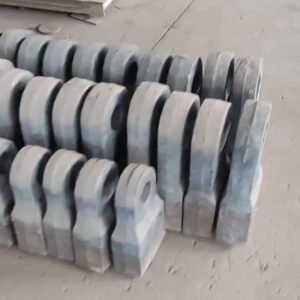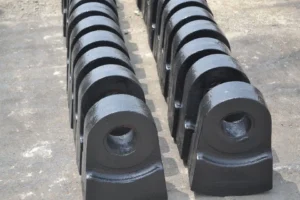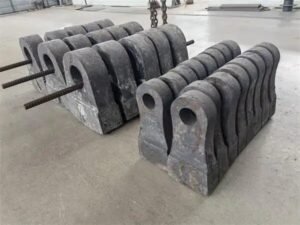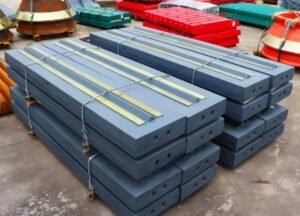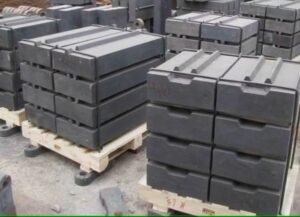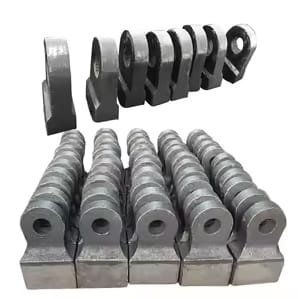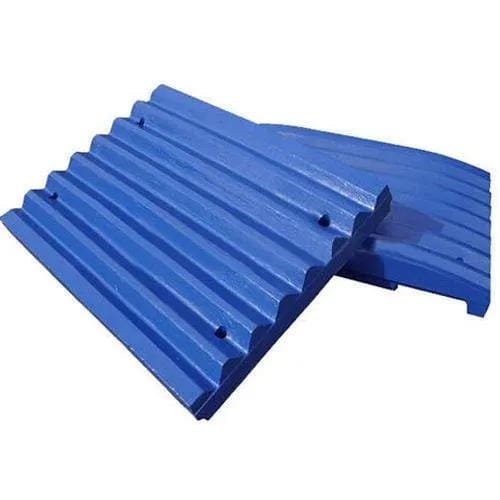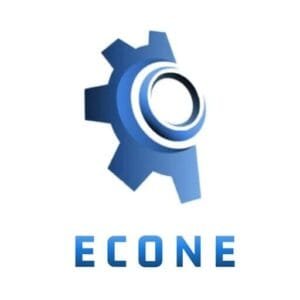Introduction
Ball mill liners play a critical role in the grinding process, protecting the mill shell and enhancing grinding efficiency. However, like any wear part, ball mill liners can develop issues that impact performance and productivity. Identifying these common problems and implementing effective solutions can significantly extend the lifespan of the liners and improve mill efficiency. This article explores the most frequent ball mill liner problems and provides actionable solutions.
1. Premature Wear
Problem:
Premature wear is one of the most common issues with ball mill liners. It can be caused by:
Incorrect liner material selection
Improper installation
Inadequate maintenance
Aggressive grinding media
Solution:
Material Selection: Choose the right liner material based on ore abrasiveness and grinding media.
Installation: Ensure proper alignment and secure fastening of liners.
Regular Inspection: Monitor wear patterns to identify areas of excessive abrasion.
Optimized Grinding Media: Adjust the size, hardness, and quantity of grinding media to reduce impact force.
2. Liner Cracking
Problem:
Liner cracking can occur due to repeated high-impact forces, poor-quality materials, or thermal stress.
Solution:
Material Upgrade: Use high-manganese steel or rubber liners to absorb shock and resist cracking.
Regular Monitoring: Inspect for cracks and address minor damage before it worsens.
Controlled Feed Rate: Avoid overloading the mill to minimize impact stress.
3. Liner Detachment
Problem:
Loose or detached liners can lead to significant operational disruptions and potential safety hazards.
Solution:
Proper Fastening: Use high-quality bolts and proper tightening techniques.
Regular Checks: Inspect bolts and liner fastenings regularly.
Alignment Correction: Ensure precise liner alignment during installation.
4. Inefficient Grinding
Problem:
Worn or improperly designed liners can reduce grinding efficiency, affecting product size and throughput.
Solution:
Liner Design Optimization: Adjust liner profile and configuration for optimal grinding action.
Custom Liner Design: Customize liners to specific ore types and grinding conditions.
Grinding Media Management: Optimize media size and shape for improved grinding efficiency.
5. Material Build-Up
Problem:
Material build-up between liners can affect grinding efficiency and cause uneven wear.
Solution:
Regular Cleaning: Implement scheduled cleaning to prevent material accumulation.
Smooth Liner Design: Opt for smoother liner surfaces to minimize material adhesion.
Water Sprays: Use water sprays to wash away build-up and maintain grinding efficiency.
6. High Noise Levels
Problem:
Excessive noise can indicate liner damage or improper installation.
Solution:
Rubber Liners: Install rubber or composite liners to reduce noise.
Sound Dampening Materials: Use noise reduction materials in critical areas.
Operational Adjustments: Adjust mill speed and feed rate to reduce noise impact.
Conclusion
Identifying and addressing common problems with ball mill liners can significantly improve mill efficiency and reduce downtime. Regular monitoring, proper material selection, and timely maintenance are key to preventing premature wear, cracking, and liner detachment. By implementing these solutions, mill operators can extend the lifespan of their liners and maintain consistent grinding performance.
For more information on optimizing ball mill liners and other wear parts, consult with experienced manufacturers who offer customized solutions tailored to specific operational requirements.
